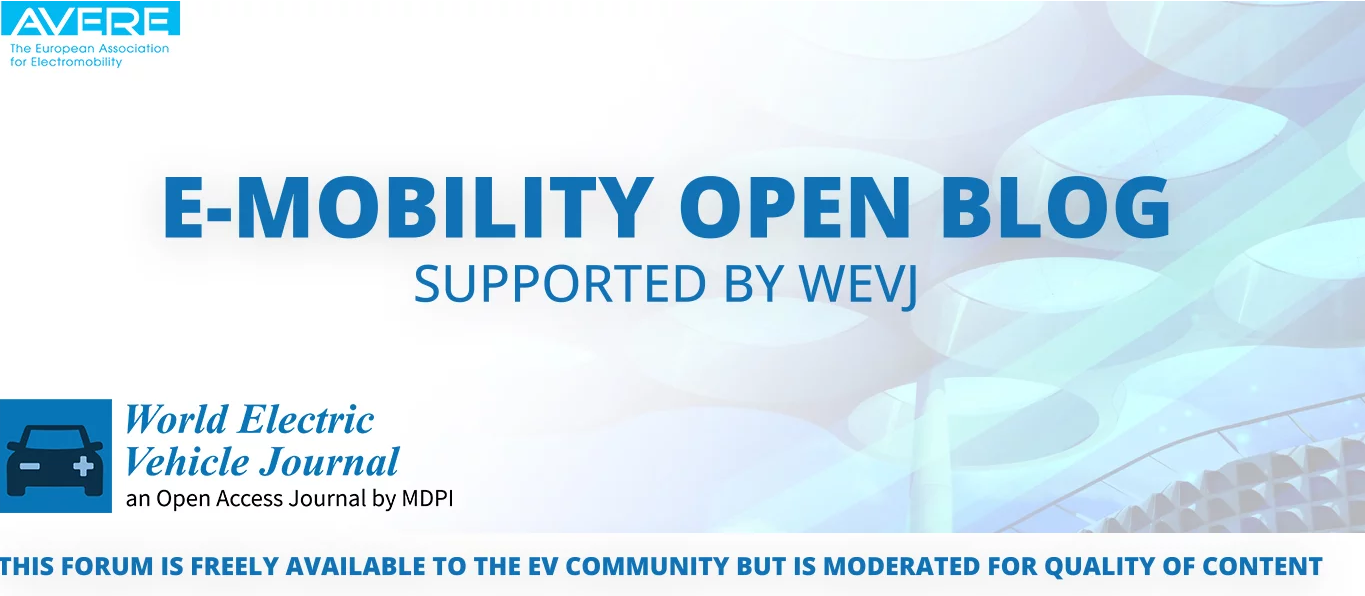
Baden-Württemberg International: Your partner for a successful expansion
Baden-Württemberg, the birthplace of the automobile, has become a global leader in electromobility and sustainable mobility technologies. Companies investing in this future-oriented sector can leverage a robust industrial base, a vast network of leading research institutes, universities, and startups fostering groundbreaking innovations. Baden-Württemberg International (BW_i) supports businesses in establishing a successful presence in the region and tapping into its’ unique ecosystem.
Autel Energy Europe at AEC 2024: Pioneering the Future of Ultra-Fast EV Charging
As the electric vehicle (EV) market continues its rapid growth, the need for fast and ultra-fast charging solutions has become essential for supporting the transition to electric mobility.
Design Methodology and Circuit Analysis of Wireless Power Transfer Systems Applied to Electric Vehicles Wireless Chargers
The authors propose a design methodology for a serial–serial (SS) wireless system, which outlines how to determine the appropriate pad dimensions for transferring power to the EV battery.
Designing High-Power-Density Electric Motors for Electric Vehicles with Advanced Magnetic Materials
This paper provides an overview of the key technologies for designing high-power-density electric motors for EVs with high reliability and system-level optimal performance, with the focus on advanced magnetic materials and the proper modeling of core losses under two-dimensional or three-dimensional vectorial magnetizations.
Business Region Goteborg : Gothenburg - Pioneering tomorrow's mobility
AEC 2024 paves the way to EVS38, an international event which is recognized as the premier event for academic, government, and industry professionals involved in electric drive technologies.
Energy Management and Optimization of Large-Scale Electric Vehicle Charging on the Grid
This paper investigates the grid energy consumption by EVs and reviews recent applications of EV charging controls and optimization approaches used for the energy management of large-scale EVs charging on the grid.
Energy and Environmental National Assessment of Alternative Fuel Buses in Morocco
This study provides a national-level environmental life cycle assessment of alternative buses in Morocco.
Will Utrecht become the world's first bidirectional city?
Utrecht pioneers large-scale bidirectional charging with 10,000 cars, reducing grid congestion. We Drive Solar leads this initiative, letting residents experience a 'mobile neighborhood battery'.
This article is brought to you by our Silver Partner, WE DRIVE SOLAR.
A Smart Battery Management System for Electric Vehicles Using Deep Learning-Based Sensor Fault Detection
This research suggests a system for battery data, especially lithium ion batteries, that allows deep learning-based detection and the classification of faulty battery sensor and transmission information.
Using an Intelligent Control Method for Electric Vehicle Charging in Microgrids
This paper aims to present an application of an intelligent control method to a bidirectional DC fast charging station with a new control structure to solve the problems of voltage drops and rises.
Comparative Study of Permanent Magnet, Conventional, and Advanced Induction Machines for Traction Applications
This paper investigates and compares the torque-generating capabilities and electromagnetic performance of advanced non-overlapping winding induction machines (AIM), conventional induction machines (CIM), and interior-permanent magnet (IPM) machines for electric vehicle (EV) applications.
Fuel Cell Hybrid Electric Vehicles: A Review of Topologies and Energy Management Strategies
With the development of the global economy, the automobile industry is also developing constantly. In recent years, due to the shortage of environmental energy and other problems, seeking clean energy as the power source of vehicles to replace traditional fossil energy could be one of the measures to reduce environmental pollution.
Charging Electric Vehicles Today and in the Future
It is expected that more vehicles will be electrified in the coming years. This will require reliable access to charging infrastructure in society, and the charging will include data exchange between different actors. The aim of this review article is to provide an overview of recent scientific literature on different charging strategies, including for example battery swapping, conductive- and inductive charging, and what data that may be needed for charging of different types of electric vehicles.
Numerical Simulation of Cooling Plate Using K-Epsilon Turbulence Model to Cool Down Large-Sized Graphite/LiFePO4 Battery at High C-Rates
In this paper, an analogous study of the velocity and temperature profiles inside microchannel cooling plates (with hydraulic diameter of 6 mm), placed on a large pouch-type LiFePO4 battery, is presented using both the laboratory and simulation techniques.